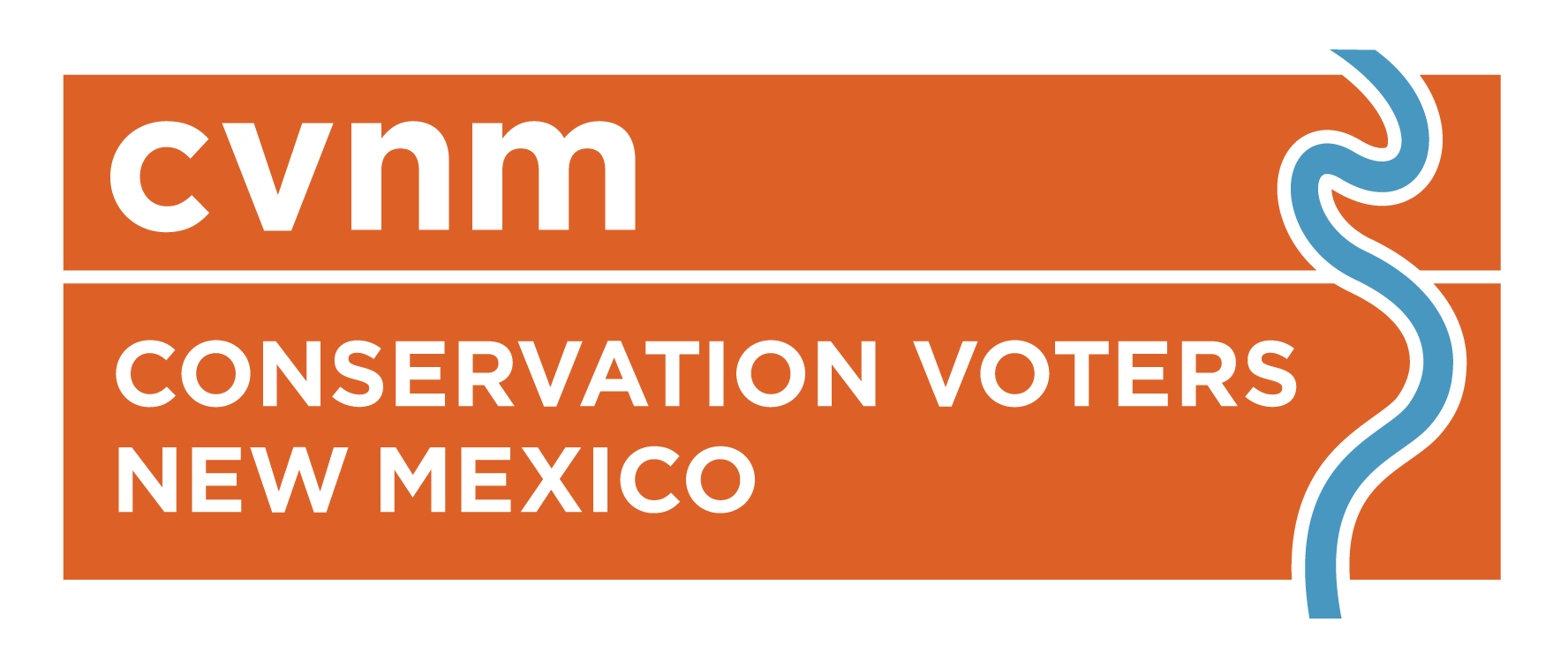The Copper Mine Rule, adopted by appointees of the Martinez administration, does not adequately protect New Mexico’s groundwater resources. The Copper Mine Rule regulates how copper mines impact groundwater under mine sites. It represents a special interest carve out of the Water Quality Act (WQC) for copper mines only.
Our allies at the Gila Resources Information Project and Amigos Bravos, represented by the New Mexico Environmental Law Center, and New Mexico Attorney General Hector Balderas warn the Rule will allow extensive contamination of clean water at new mine sites and the extensive contamination at existing sites to go unabated, in perpetuity. We agree with them that a return to critical pollution prevention and abatement measures for copper mines under the WQA is necessary and will not cost any mining jobs. Copper mines have operated under existing WQA rules for nearly 40 years and during that time have made hundreds of millions in profits from Grant County mines. They have challenged the Rule in the courts because they believe the Copper Rule is illegal under the WQA.
On the other side, Governor Martinez’s Administration defends the Rule. Her former Secretary of the New Mexico Environment Department (NMED), Ryan Flynn – who now works for the oil and gas industry – was one of the key architects of the Rule.
Evidence from both NMED and the copper company’s experts demonstrate that the Rule – parts of which were ghost written by the copper company Freeport McMoran — will allow extensive groundwater pollution, and that a return to the WQA rules would not put any mining job at risk.
First, experts from NMED and Freeport McMoran, the owner of the Tyrone, Chino and Cobre copper mines in Grant County, testified the areal extent of contamination authorized by the Rule at Tyrone Mine is approximately nine square miles. Under the Copper Rule, that area represents pollution that will never have to be cleaned up. The pollution extends from the upper alluvial aquifer to the regional aquifer 500 feet below ground surface, where migration of pollutants is difficult or impossible to contain.
Second, Freeport presented no evidence that a return to pollution prevention measures or abatement requirements in the WQA would result in any financial burden to the $4.8 billion gold, copper, and petroleum company. According to evidence in the record, abiding by prevention measures, such as installing synthetic liners under new stock piles and tailing impoundments, and cleaning up existing contamination does not threaten Freeport jobs.
Copper mining jobs in New Mexico and elsewhere are dependent on the price of copper, not groundwater protection measures. Indeed, Freeport announced in August 2015 layoffs of 210 miners at Tyrone Mine, half of the workforce, and 10% of its American workforce because of steep decreases in copper’s price. These recent layoffs have taken place even though the new pollution-allowing rule has been in place for several years, clearly demonstrating that layoffs are connected to copper prices, not regulations. Freeport has much bigger problems, none of which validate making it legal to contaminate New Mexico’s precious ground water. This is especially true when you factor in that nine out of 10 New Mexicans depend on groundwater for their drinking water.
Freeport’s strenuous efforts to minimize cleanup of groundwater contamination underlying 20,000 acres at its three mines began in the early 2000’s when the State of New Mexico began to push for comprehensive abatement and reclamation plans and for financial assurance to secure the costs of abatement and reclamation in the event of bankruptcy or default by the company. If the company does not put up sufficient financial assurance and goes under, the State’s taxpayers are left with the cleanup bill for hundreds of millions of dollars – after the company reaped hundreds of millions of dollars in profits from its polluting operations.
Repeal of the Copper Rule will not cost mining jobs in New Mexico. But the Copper Mine Rule will cost New Mexico’s scarce groundwater resources – resources that all of us depend on – dearly if it is upheld. The challenges to the Rule will be argued before the New Mexico Supreme Court later this month. Hopefully, the Court will see through Freeport’s false economic claims.
Ben Shelton works as the political and legislative director of Conservation Voters New Mexico, a statewide nonpartisan nonprofit that connects the people of New Mexico to their political power to protect our air, land, and water for a healthy Land of Enchantment.

